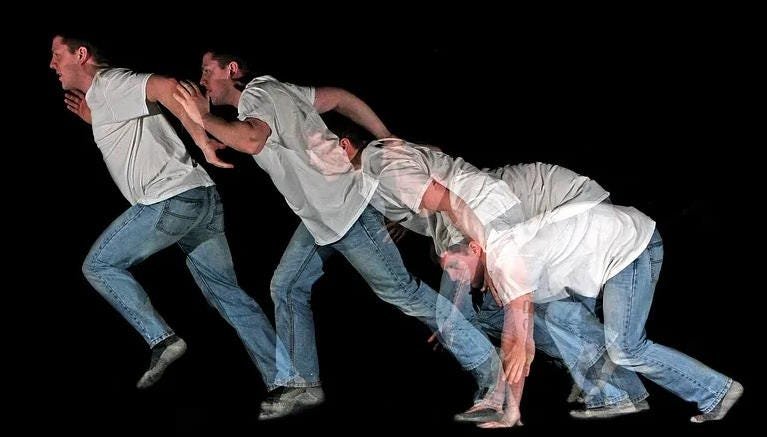Your head lives a longer life than your feet do | by Ethan Siegel | Starts With A Bang! | Oct, 2024

Time is relative, not absolute, as gravity and motion both cause time to dilate. Your head and feet, therefore, don’t age at the same rate.
There’s no such thing as absolute time. No matter where you are, how fast you’re moving, or how strong the gravitational field is around you, any clock you have on you will always record time as passing at the same rate: one second per second. For any solitary observer, time simply flows.
But if you have two different clocks, you can compare how time flows under different conditions. If one clock remains stationary while the other travels quickly, the fast-moving clock will experience a smaller amount of time passing than the stationary clock: that’s the rule of time dilation in special relativity.
What’s even more counterintuitive, however, is that the relative flow of time also depends on the difference between how severely space is curved between two locations. In General Relativity, this corresponds to the strength of gravity at your particular location, which means that your feet actually age at a different rate than your head when you’re standing up. Here’s the physics of how we know.
Source link




